Hey! Ever thought about getting the best out of your credit card? You’re not the only one. Think of credit card stats as your money GPS. They help you watch your spending, dodge debt, and even pump up your credit score.
Table of Content
- How to calculate credit card utilization?
- Why is payment history crucial?
- What affects credit card interest rates?
- How to track credit card rewards?
- What is a good credit limit?
- How to avoid credit card fees?
- When to close a credit card?
- How to dispute credit card charges?
- What is a balance transfer fee?
- How to read a credit card statement?
- Why check credit card reports?
- How to choose a credit card?
- What’s the impact of multiple cards?
No matter if you’re new to cards or a pro, knowing these numbers can keep cash in your pocket and stress away. Let’s jump into 12 hot questions about credit card stats. I’ll toss in some personal stories and pro tips too.

Credit Card security
-
ColdPositive1844: Location control, daily spending limits, limiting the type of transactions allowed on the card Example Atm withdrawal, POS, Online)
-
Super-Bicycle-5267: Ultimately never give ot to anyone. Never use debit card online. Always use a credit card you can set a daily or transaction limit at max and even if its a scam bank will reverse as long as its not a 3Ds transaction
-
whity1234: reduce carrying and usage of physical cards as much as possible.Make sure the CC info is entered only in legitimate websites, by looking at company URLs etc.Keep the mobile where cards are used , free from free\untrusted softwares.
-
reddyjs: Block international trasction and keep daily limits temporary freeze cards and when using subscriptions orOnline purchases wio virtual cards
Credit card safety
-
- Hi All,I see and hear many stories of people going through credit card fraud, some transactions happening online without any otp etc.
- What are some precautionary measures I should take to definitely avoid any credit or debit card fraud?
How to calculate credit card utilization?
Your credit card usage percent shows how much of your limit you’re using. It’s a big deal for your credit score.
Say you’ve got a $10k limit and owe $2k – that’s 20% usage right there. I found this out the tough way – my score tanked after I maxed a card on vacation.
Money experts say keep your usage under 30% to stay safe. Just divide what you owe by your total limits on all cards – easy math. Here’s a trick: pay some early to shrink your usage before the bill comes. Tools like Credit Karma or your card issuer’s app often display this metric automatically, so you don’t have to crunch numbers manually.
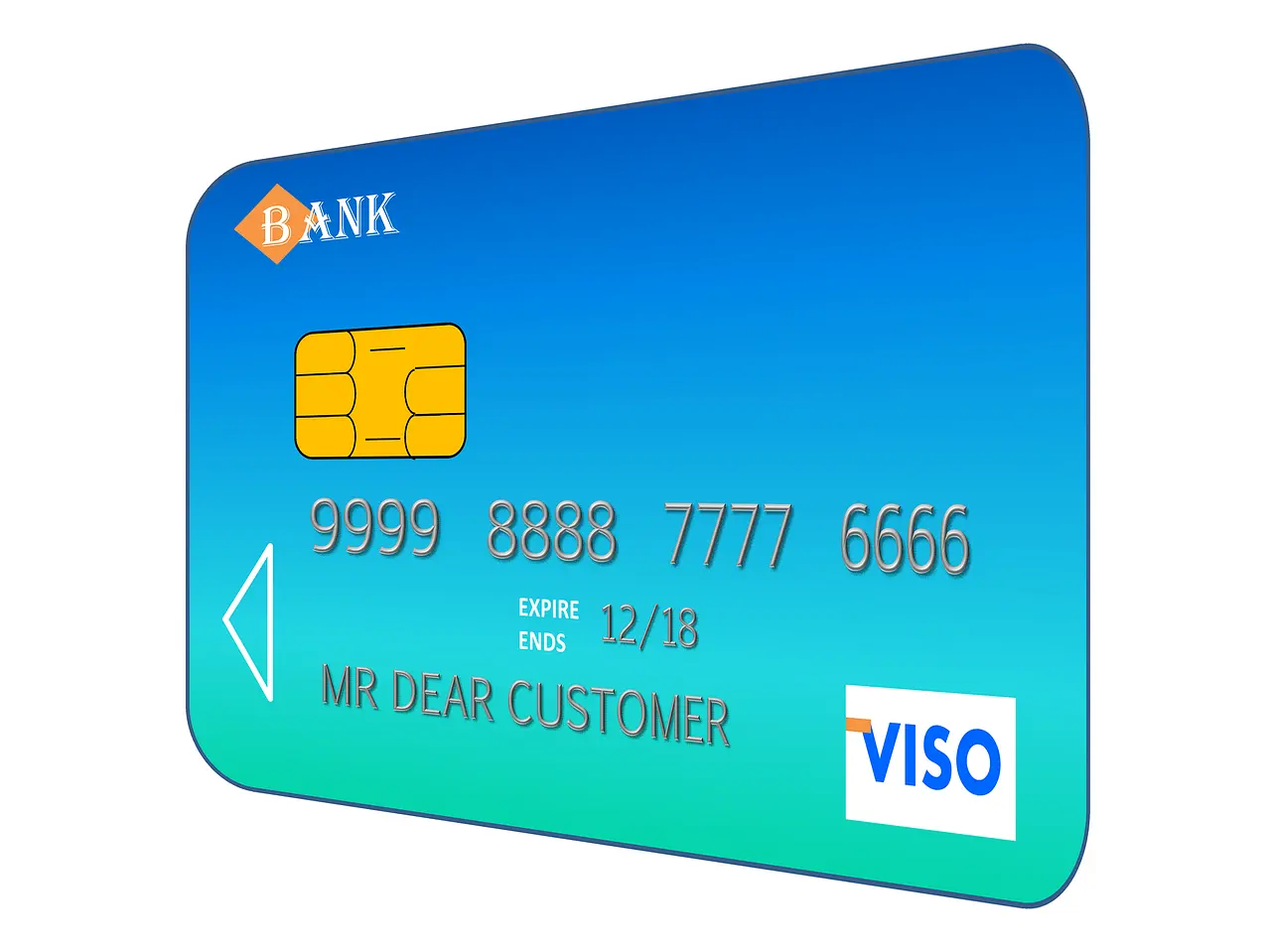
Why is payment history crucial?
Your payment record is super important – it’s 35% of your whole credit score. Late payments stick around forever – I blanked on a due date once, and that mistake followed me for seven whole years! Experian says just one late payment can knock 100 points off your score.
Turn on autopay for the minimum, and set phone reminders just in case. My buddy tracks due dates with a color-coded spreadsheet – pretty smart. Big banks send payment alerts by text or email – total lifesavers.
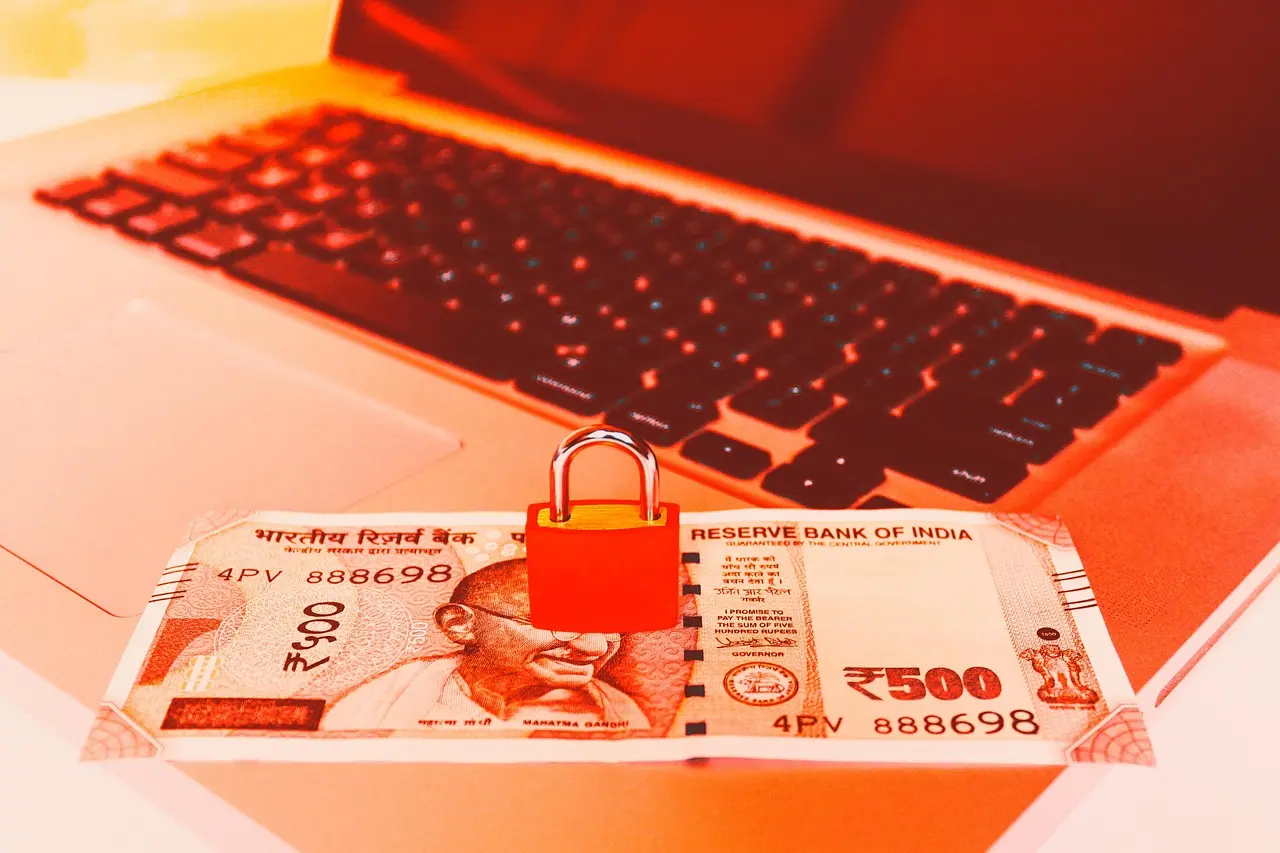
What affects credit card interest rates?
Your card’s interest rate can change – it depends on your credit, the economy, and what card you’ve got.
My first rewards card hit me with 24% interest since I didn’t have much credit history. The Fed’s reports show how interest rates affect your card’s APR.
When the Fed hikes rates, your card’s interest usually goes up too. Want better rates? Boost your credit score or talk your bank down. My coworker paid on time for six months, then called and got 3% knocked off her rate. If you’re in debt, look at 0% intro rate cards for balance transfers.

How to track credit card rewards?
Rewards seem like free cash – but only if you keep tabs on them.
I lost $200 in cashback once by not reading the small print – oops! Cards sort rewards into cashback, points, or miles – pick your favorite. Use apps to track your rewards and when they expire.
My Amex card gives 6% back at grocery stores – it’s my go-to for food shopping. This travel blogger I know uses spreadsheets to find the best point deals. Don’t sit on rewards too long – airlines change their programs and they become worth less.
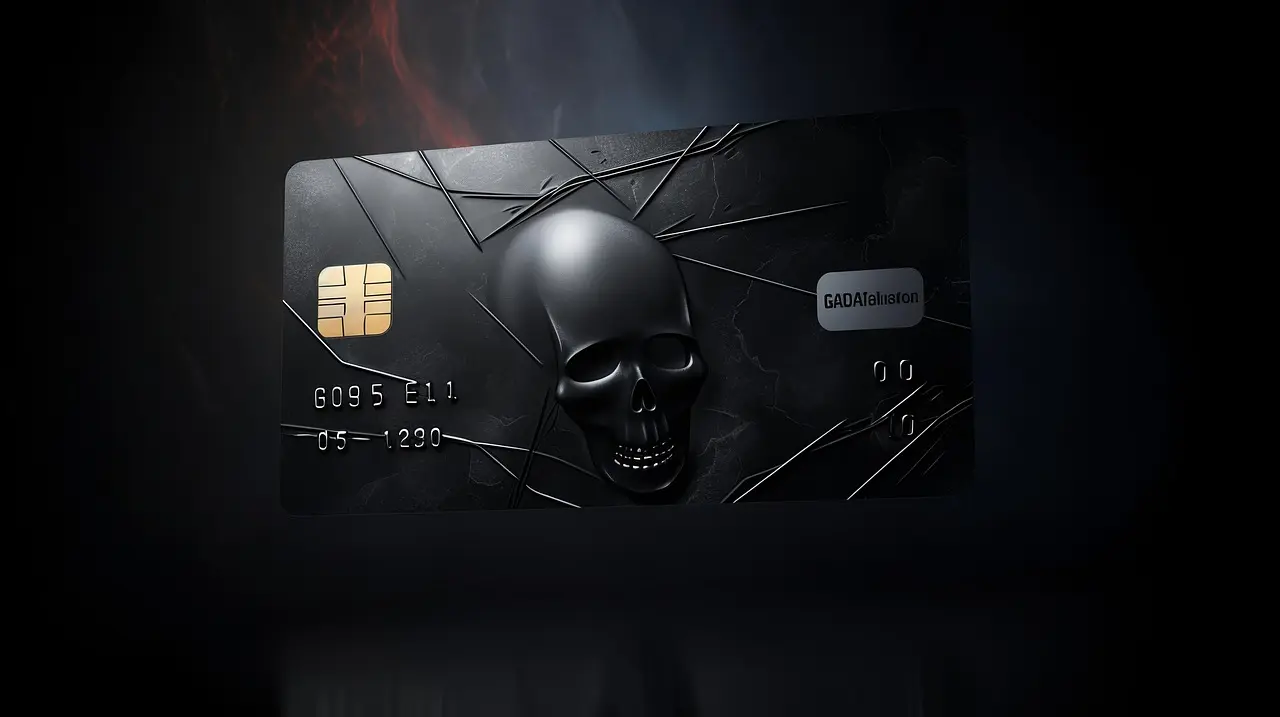
What is a good credit limit?
What’s a good limit? It depends on what you make, spend, and want.
My first card had a $500 limit – felt tight, but taught me to spend smart. Limits over $5k are usually good – if you don’t go crazy with them.
Higher limits help your credit score – if you keep your spending low. Ask for limit bumps every 6-12 months if you pay on time. My pal went from $3k to $10k limit just by showing her pay raise. Don’t apply for too many cards together – it can hurt your score short-term.
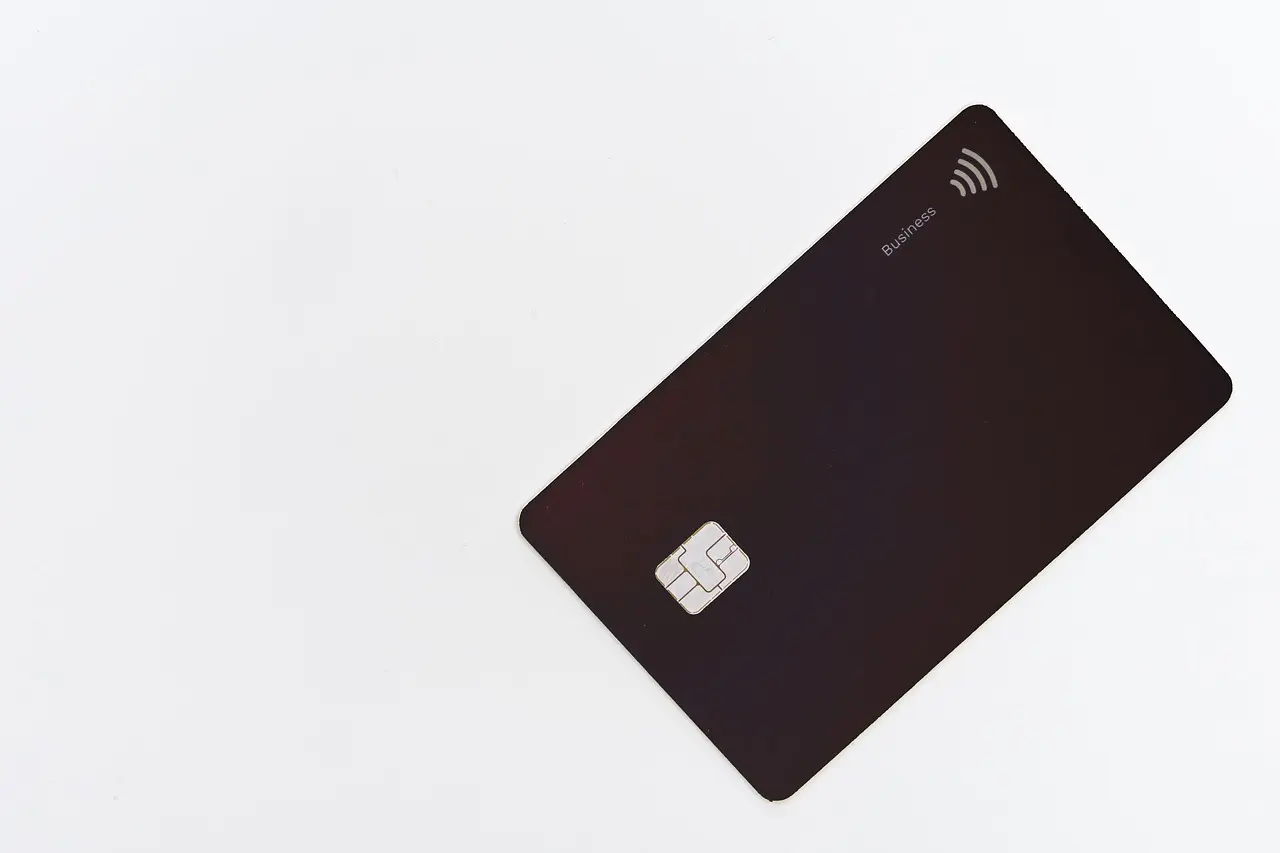
How to avoid credit card fees?
Watch out for fees – I got hit with $40 late fee plus higher interest once! Look out for yearly fees ($95 ), foreign fees (3%), and cash advance charges (5% ). Skip fees by picking no-fee cards, paying on time, and saying no to cash advances.
My Capital One card saved me big on foreign fees in Europe. Got a fee? Call them up – they’ll often drop it if it’s your first time. One Redditor got $150 back just by asking nicely!
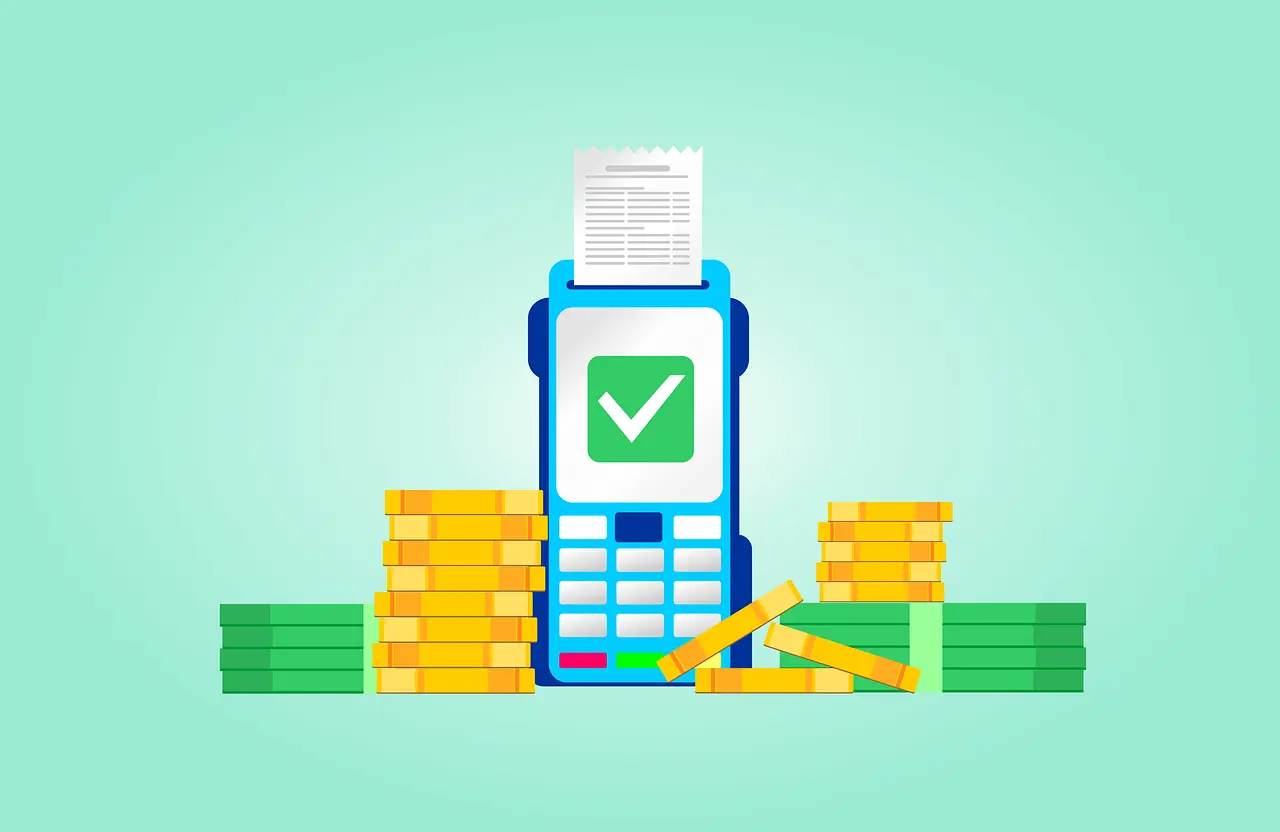
When to close a credit card?
Closing cards sounds easy, but it can lower your credit limit and shorten your history.
When I closed my oldest card, my score dropped 20 points – ouch. Pros say keep cards open unless the fees are high or you can’t control spending.
Gotta close one? Choose a new card with a small limit. One advisor keeps old cards alive with tiny Netflix charges – smart move. Or just switch the card to a no-fee type instead of closing it.
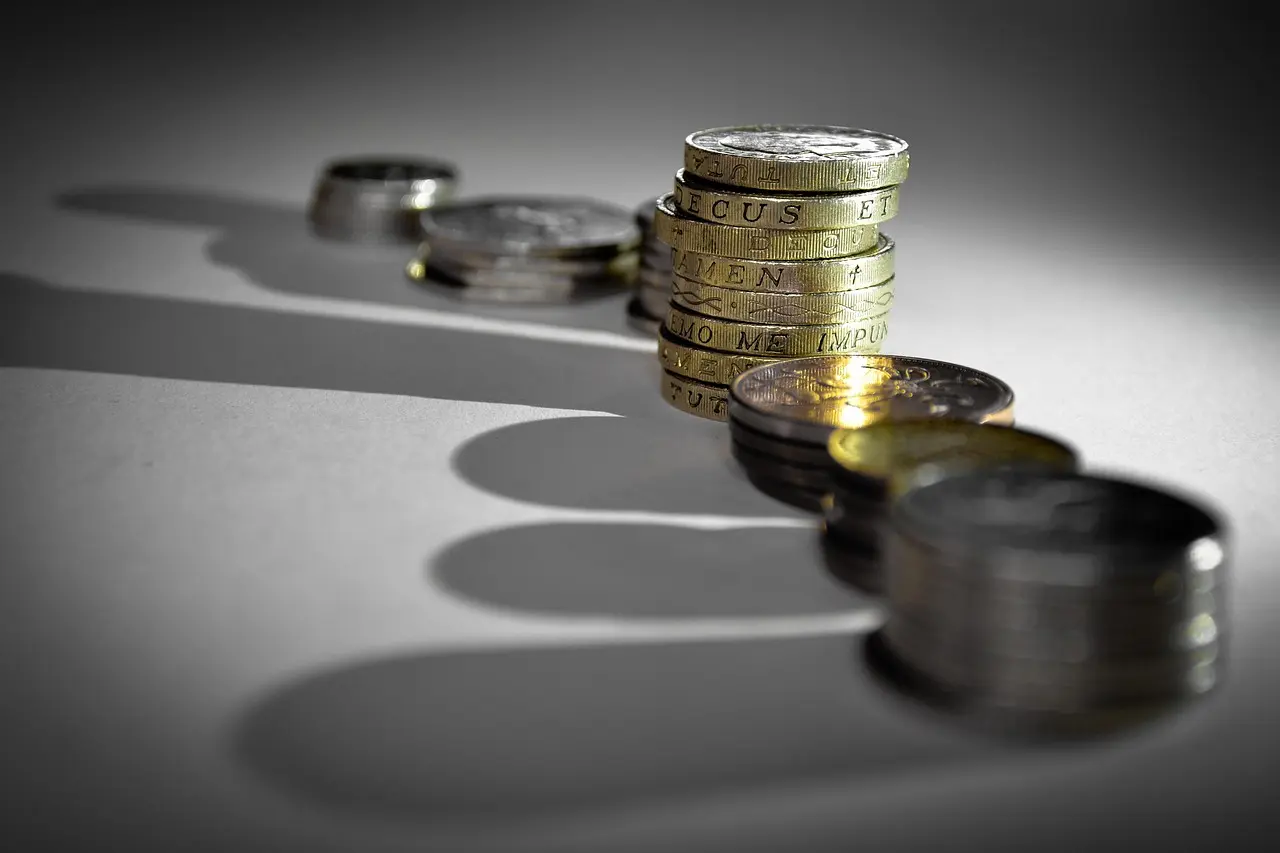
How to dispute credit card charges?
You’ve got the right to dispute charges – it’s the law.
I caught a $100 hotel double-charge and fixed it fast by calling my bank. First step: call the store – they’ll usually fix mistakes quick.
No luck? Dispute it with your bank within 60 days – online or by phone. Show them receipts or screenshots as evidence. They’ll check it out and might give you temporary credit. My relative beat a gym that kept charging by showing cancel emails. Fraud charges? Report those right away – you’ve got more protection.
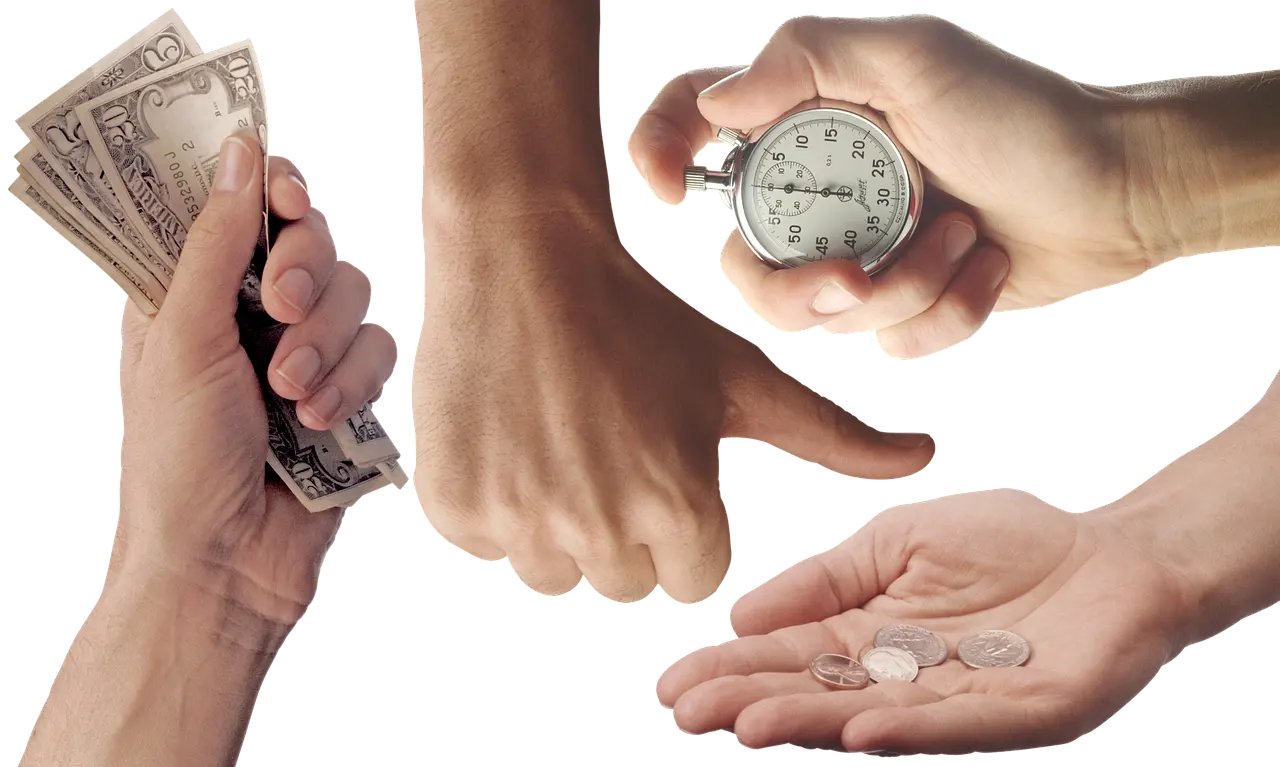
What is a balance transfer fee?
Balance transfer fees (3-5%) are what you pay to shift debt to a lower-rate card.
Moving $5k to a 0% card saved me $300, even after the $150 fee. Do the math – make sure fee plus new rate beats your current rate.
18% on $5k costs $900 a year – way more than a $150 fee at 0%. Use NerdWallet’s tool to crunch the numbers. Don’t forget – rates can spike after the promo period. My friend’s went to 25%!

How to read a credit card statement?
Statements have lots of info, but watch the due date – miss it, pay fees.
Paying just the minimum costs you more over time. Interest charges pile up if you don’t pay in full.
Check your rewards summary too. I woke up when I saw $15 interest on $500 – now I always pay the full bill. Discover and others make important stuff bold. My accountant pal marks these four spots in red each month. Watch for weird charges – even $1.99 could be fraudsters testing.
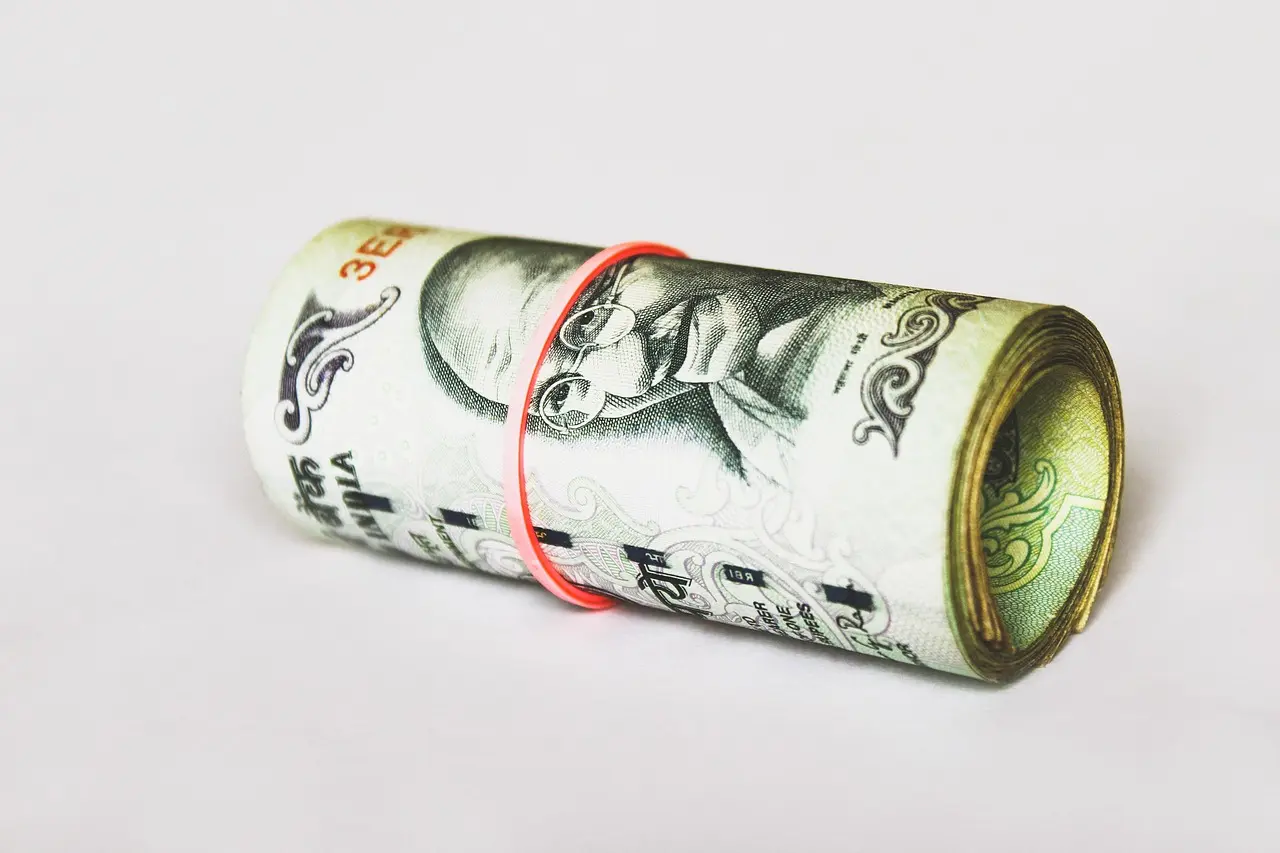
Why check credit card reports?
Your credit report (free at AnnualCreditReport.
com) shows your payment history, open accounts, and inquiries. I fixed an old $50 medical bill I never got – score jumped 30 points!
Reports catch mistakes or fraud fast. The FTC says 1 in 5 reports have mistakes. Review all three bureaus (Experian, Equifax, TransUnion), as data can differ. A neighbor discovered an impostor opened a card in her name only on TransUnion’s report. Dispute inaccuracies online; bureaus have 30 days to respond.

How to choose a credit card?
Picking a card depends on your goals: rebuilding credit (secured cards like Discover It), earning rewards (Chase Sapphire for travel), or low interest (Citi Simplicity).
When I was new to credit, a secured card helped me build history. Compare APRs, fees, rewards, and perks (e.
g., rental car insurance). Credit Karma’s tool matches cards to your profile. A teacher I know chose the Bank of America Customized Cash for its 3% back on gas—her biggest expense. Always read the Schumer Box (the rate/fee summary) before applying.
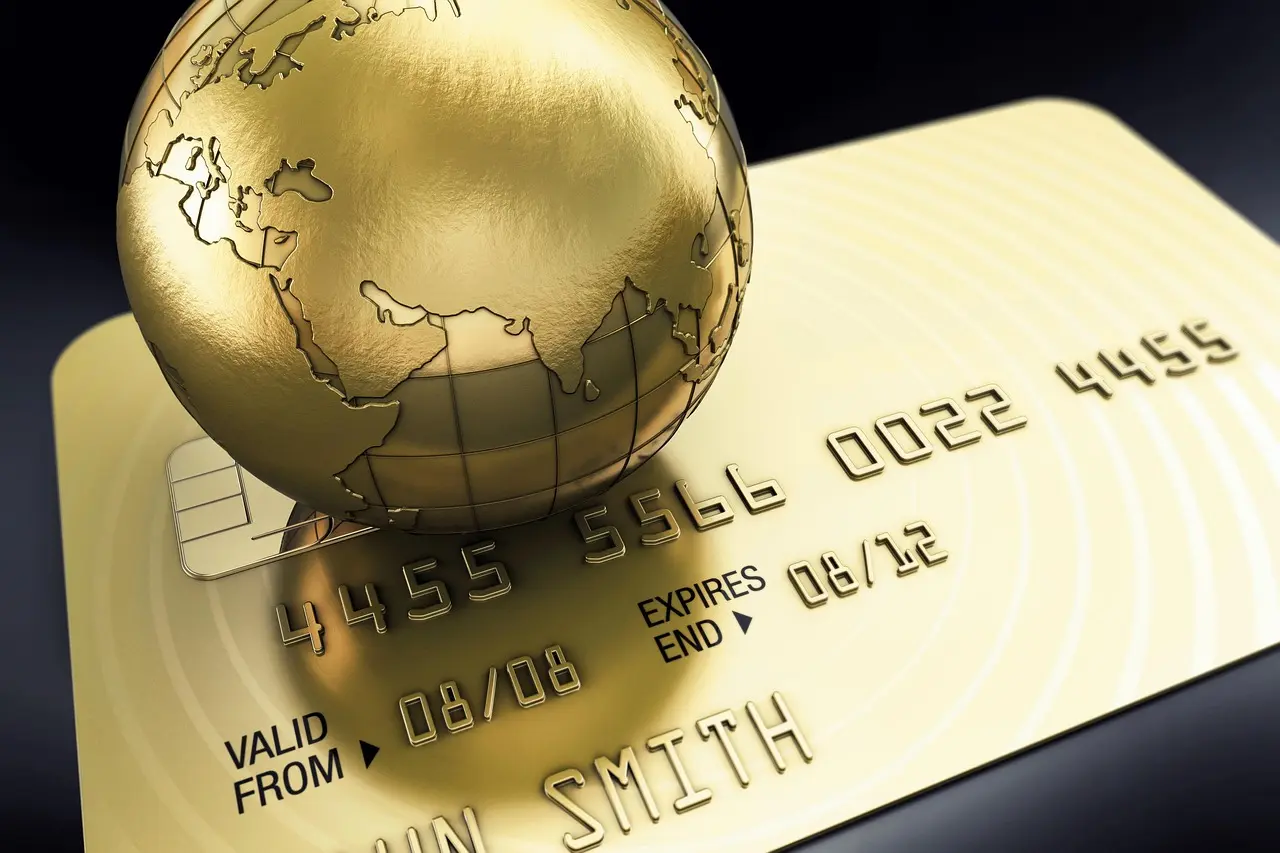
What’s the impact of multiple cards?
Having multiple cards can help (higher total limits = lower utilization) or hurt (too many applications = hard inquiries).
My three cards keep my utilization under 10%, but I spaced applications 6 months apart. The American Bankers Association says most consumers have 2–3 cards.
More cards mean more due dates to track—my cousin uses a dedicated credit card calendar. Avoid opening several cards quickly; it signals risk to lenders. A finance blogger recommends waiting until your oldest account is 2 years old before adding more.
To wrap up, credit card measurements aren’t just numbers—they’re tools to build financial freedom. Start by checking your utilization and payment history, then explore rewards or dispute errors if needed.
Need help? Most issuers have 24/7 chat support or financial education hubs. Now, go grab your latest statement and give it a closer look—your future self will thank you! For deeper dives, check out the CFPB’s credit card guides or NerdWallet’s comparison tools.